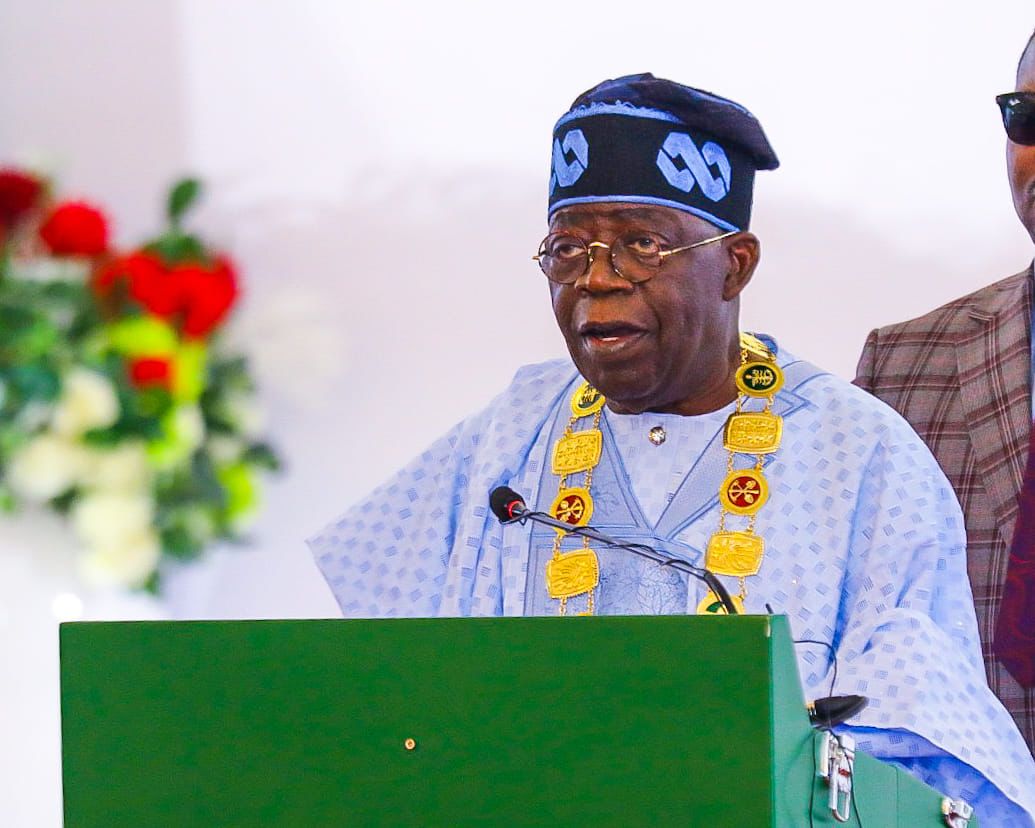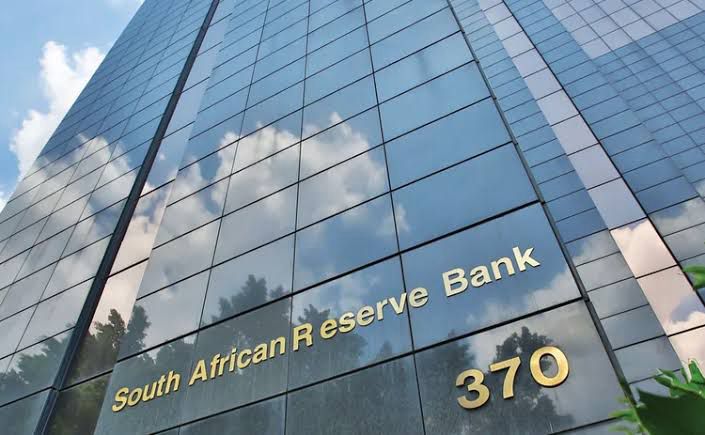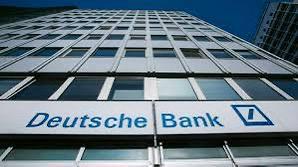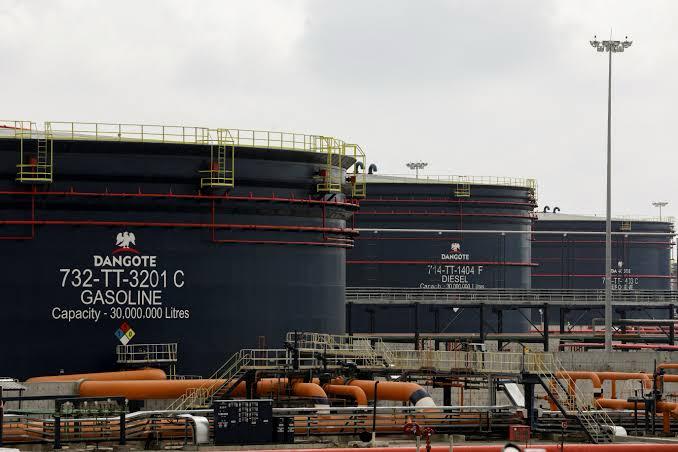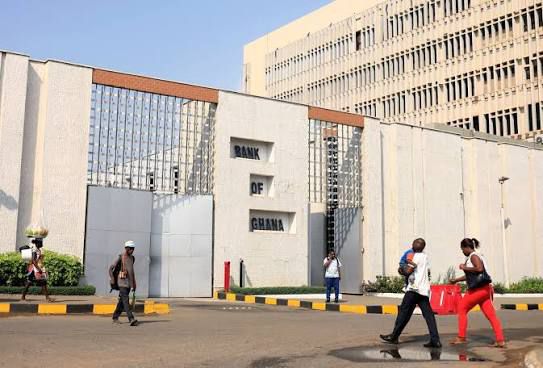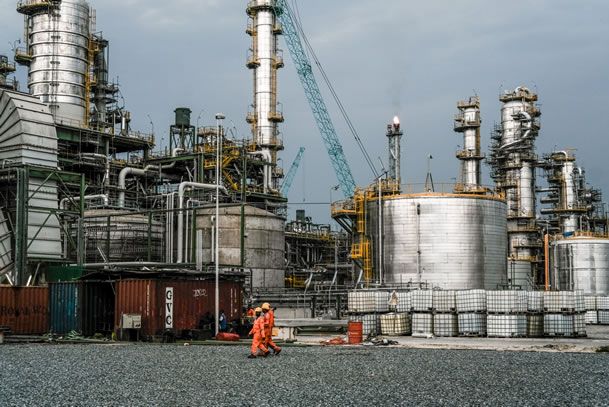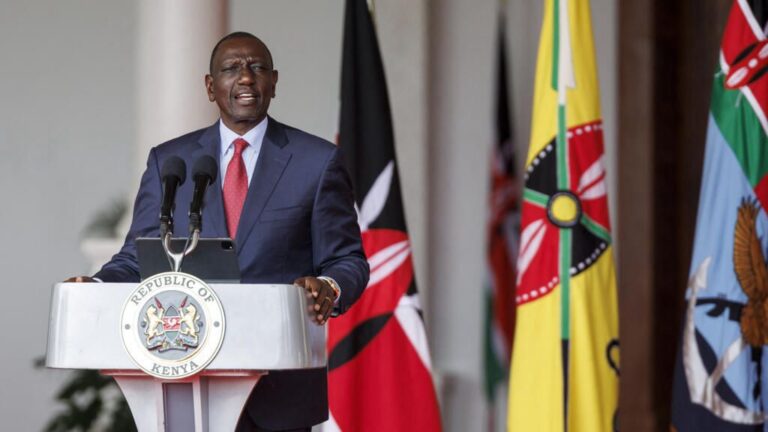Nigerian President Bola Ahmed Tinubu asserted on Monday that the bold economic reforms his administration has implemented are already yielding tangible gains for the Nigerian economy. He also expressed gratitude to Nigerians for their patience even amid the near-term economic strain.
Delivering an opening remark on behalf of president Tinubu at the 31st Nigerian Economic Summit, Nigerian vice president Kashim Shettima, highlighted the current stability in the foreign exchange market as “not accidental” but a “deliberate choice” taken to unify the local currency Naira to reflect market driven rate.
Additionally, he noted that the exchange rates unification together with the removal of costly fuel subsidies, has been able to stabilize the economy, making it more attractive to foreign investors.
The president noted that the ongoing reforms by his administration have stabilised the nation’s macroeconomic environment, with the economy “expanding to ₦372.8 trillion in 2024, up from ₦309.5 trillion in 2023.”
Significantly, revenue collection also rose from “₦19.9 trillion in 2023 to ₦25.2 trillion in 2024, and as of August 2025, it had reached ₦27.8 trillion, surpassing the revenue target of ₦18.32 trillion.” He highlighted.
Nigeria’s debt-to-GDP ratio now stands at 38.8 per cent, far below the limits set by the IMF and World Bank at 50 per cent.

For efforts the authorities took to achieve macroeconomic stability, international agencies upgraded Nigeria’s ratings: Fitch ratings upgraded Nigeria’s sovereign rating to B with a stable outlook, and Moody’s rating lifts issuer rating to B3 with a stable outlook. Both hailed improved economic foresight and clearer policy direction as their barometers.
“We owe this progress to the sacrifices of Nigerians, whose patience and understanding have been the bedrock of our endurance. To them, I say: the better days we promised are already within sight,” the president declared.
The removal of the Premium Motor Spirit (PMS) subsidy and the unification of multiple exchange rates have driven a massive devaluation of the currency, with the Naira-to-Dollar exchange rate falling from approximately N458/$1 in May 2023 to about N1,550/$1 by late 2024—a depreciation of over 70\%.
Simultaneously, the average retail price of petrol (PMS) soared from approximately N238 per litre in May 2023 to over N1,180 per litre in late 2024.
These depreciation caused hardship on households and businesses as Nigeria relied heavily on foreign imports.

However, the currency has begun to stabilize and now gained 5.5 % in early 2025. It currently trades at N1447 per dollar, below the N1500 psychological threshold.



